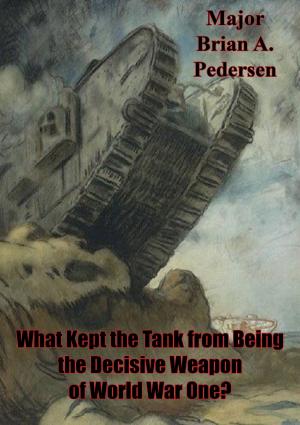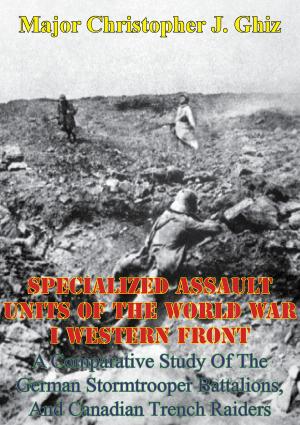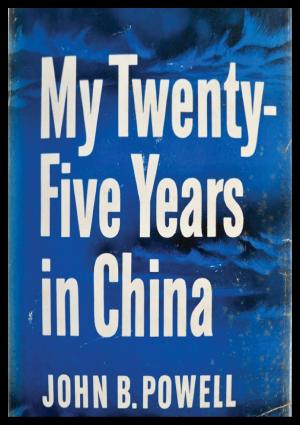Henry L. Stimson And The Japanese Dilemma, 1931-1932
Nonfiction, History, Germany, European General, Military, United States| Author: | Major Harry T. Newman | ISBN: | 9781782895145 |
| Publisher: | Verdun Press | Publication: | August 15, 2014 |
| Imprint: | Verdun Press | Language: | English |
| Author: | Major Harry T. Newman |
| ISBN: | 9781782895145 |
| Publisher: | Verdun Press |
| Publication: | August 15, 2014 |
| Imprint: | Verdun Press |
| Language: | English |
This study addresses Henry L. Stimson, as Secretary of State under President Herbert Hoover, and his influence on American foreign policy toward Japan following the Japanese military action in China that has become known as the Manchurian Incident. Specifically examined are the questions of when and why Stimson’s attitude toward Japan changed from one of support for the civilian government in their effort to control the military to one of leading a determined effort toward international moral condemnation of Japan. As background, the study examines in detail, the U.S. and Japanese foreign policies the decade prior to 1931, the character of Stimson, and then Stimson and Japan during the period, 1931-32. Research, using especially Stimson’s personal diaries, suggests that the cumulative effect of probably five separate events contributed to the change in attitude rather than a single instance. And coupled with these five events, Stimson’s friendship and confidence in Japanese leaders hindered his decision to adopt a stronger position against Japan sooner than he ultimately did.
This study addresses Henry L. Stimson, as Secretary of State under President Herbert Hoover, and his influence on American foreign policy toward Japan following the Japanese military action in China that has become known as the Manchurian Incident. Specifically examined are the questions of when and why Stimson’s attitude toward Japan changed from one of support for the civilian government in their effort to control the military to one of leading a determined effort toward international moral condemnation of Japan. As background, the study examines in detail, the U.S. and Japanese foreign policies the decade prior to 1931, the character of Stimson, and then Stimson and Japan during the period, 1931-32. Research, using especially Stimson’s personal diaries, suggests that the cumulative effect of probably five separate events contributed to the change in attitude rather than a single instance. And coupled with these five events, Stimson’s friendship and confidence in Japanese leaders hindered his decision to adopt a stronger position against Japan sooner than he ultimately did.
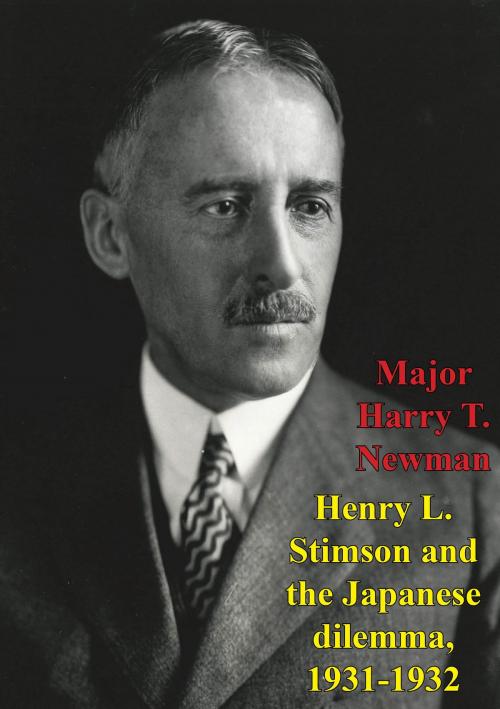


![Cover of the book Marines In World War II - The Seizure Of Tinian [Illustrated Edition] by Major Harry T. Newman](https://www.kuoky.com/images/2014/august/300x300/9781782892885-afGw_300x.jpg)
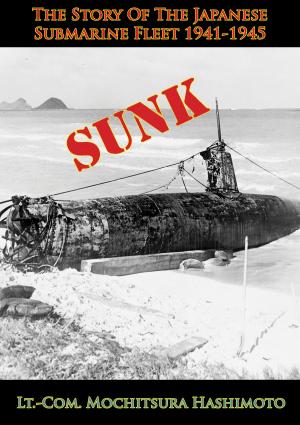
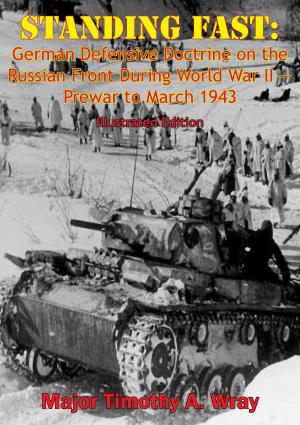
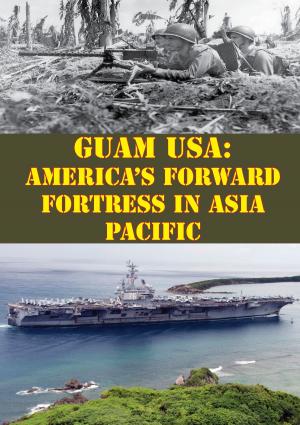
![Cover of the book Analysis Of Deep Attack Operations: Operation Bagration, Belorussia, 22 June - 29 August 1944 [Illustrated Edition] by Major Harry T. Newman](https://www.kuoky.com/images/2014/august/300x300/9781782895459-fPbK_300x.jpg)
![Cover of the book Marines In World War II - Marines At Midway [Illustrated Edition] by Major Harry T. Newman](https://www.kuoky.com/images/2014/august/300x300/9781782892762-fLx0_300x.jpg)
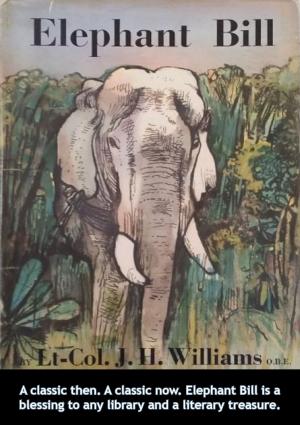
![Cover of the book Conversations With A Stuka Pilot [Illustrated Edition] by Major Harry T. Newman](https://www.kuoky.com/images/2014/august/300x300/9781782898450-BiYs_300x.jpg)
